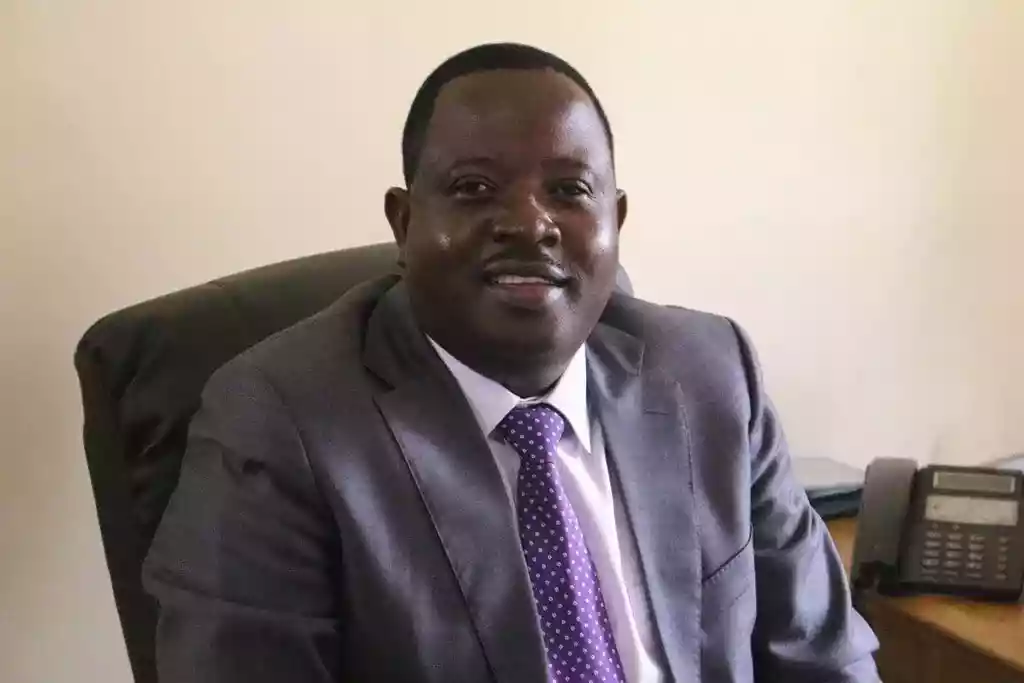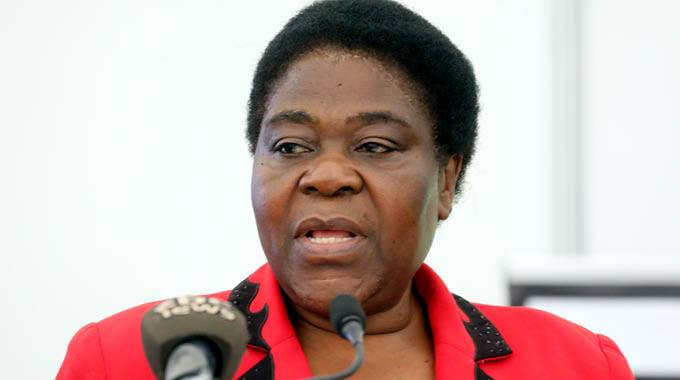
DESPITE putting up a brave front while attending to patients, one of the few doctors assigned to a district hospital in rural Zimbabwe is unhappy.
Speaking in a hushed tone, he confesses that all is not well for the medical staff.
They normally face harsher realities of mental health challenges.
“The sad reality is that many doctors are undergoing mental health challenges fuelled by poor working conditions and lack of innovation and medical equipment to use,” he said, speaking on condition of anonymity.
“We are working under stressful conditions.”
Three medical doctors, instead of seven, man the hospital, making the workload unbearable for them.
According to a random survey, doctors have not been spared by mental health challenges which have become a growing concern, amid an economic crisis gripping the nation.
Key stakeholders have challenged government to invest more in the recruitment of medical personnel to ease the burden on the few who are working in the health sector, many of whom are considering migrating to stable economies.
- Zim health system is in intensive care: How it got there
- Measles threat growing
- Take your child for measles vaccination
- Measles outbreak looms in schools
Keep Reading
The calls were made as the country commemorated the World Doctors Day on March 30.
Zimbabwe Association of Doctors for Human Rights executive director Calvin Fambirai confirmed that all is not well in the health sector.
“There is poor and limited recruitment, retention of skilled healthcare professionals,” he said.
“This can be achieved through improved working conditions and fair remuneration.”
Fambirai further explained that shortages of essential medicines and medical supplies have worsened the situation.
“Generally, doctors face shortages of personal protective equipment and it’s a battle for survival,” he said.
“We are committed to doing our best, but these limitations affect our operations.”
Community Working Group on Health executive director Itai Rusike acknowledged that in Zimbabwe, the standards have fallen really low, where doctors suffer burnout, low self-esteem due to the system-wide poverty, limited management support and lack of staff health support.
“While this mostly pertains to the public sector doctors, those in the private sector are also suffering from fatigue and sometimes late or non-payment of claims by medical aid companies, which take advantage of both the service providers and the patients,” Rusike said.
He, however, noted that by design, the work of a physician is mentally challenging as one is always expected to be in the know and to provide solutions, including support to junior staff.
“When no one cares for the carer, this becomes a tall order and results in mental breakdown. The family and other societal expectations also add rather than subtract from this burden,” Rusike said.
“Furthermore, doctors work as multi-professional and multi-disciplinary teams if they are to deliver comprehensive patient management.
“The current situation of a multi-systems collapse exerts undue pressure on clinical and public health physicians and their respective teams as they fail to provide optimal care and yet they too have numerous insufficiencies at personal level.”
According to Rusike, the work of a doctor comes as a package and gets severely disrupted should the tools of trade be unavailable.
“While medical doctors require a hospital environment to deliver effective services, the population health specialists require a conducive framework combining socio-economic, political and environmental provisions in order to function optimally and deliver the full basket of preventive, promotive, therapeutic and rehabilitative services.”
The World Health Organisation (WHO) said the commitment of doctors around the world was under silent crisis.
“Doctors worldwide face high levels of burnout, depression, anxiety and suicide. They dedicate their lives to healing others, yet their own mental health is often overlooked,” the global health body said in a statement on World Doctors Day.
It noted key facts affecting the doctors, including workload, low pay, unsafe environment and stigma that see many struggling in silence.
“WHO warns of a shortfall of 11 million health workers by 2030, where female doctors are 76% more likely to die by suicide than other women,” the statement said.
Globally, there are only 35% of countries that offer national work-related mental health support programmes.
“On this day, let’s raise awareness and celebrate doctors everywhere for the care and dedication they bring to their work everyday,” WHO concluded.










